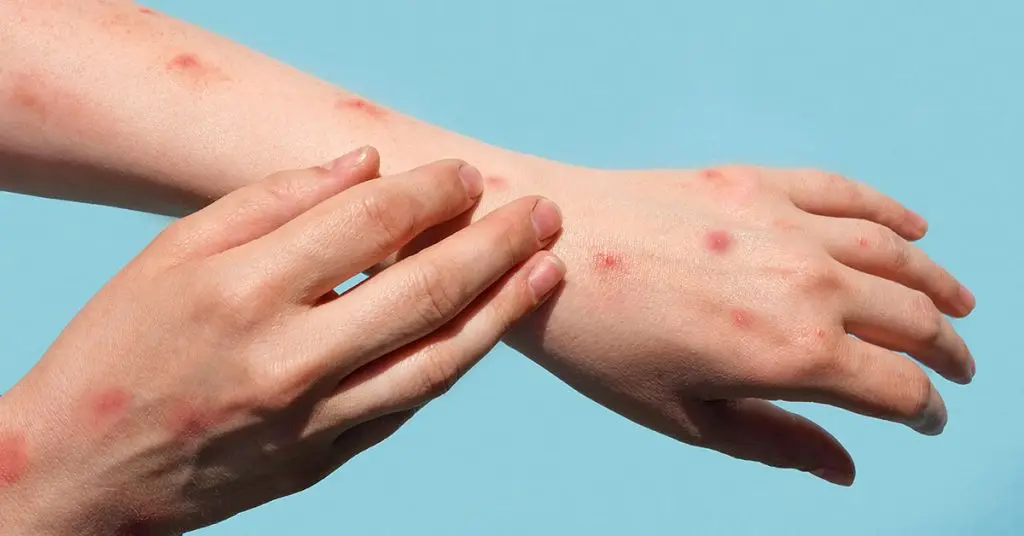The World Health Organization (WHO) has reassured the global community that the current mpox outbreak is not another COVID-19 crisis. With extensive knowledge about the mpox virus and effective measures already in place to control its spread, the situation is under control, according to WHO’s European director, Hans Kluge.
Unlike the sudden and unprecedented emergence of COVID-19, mpox is a virus that has been studied for decades. The WHO emphasizes that while more research is needed on the Clade 1b strain—which prompted the recent declaration of a public health emergency of international concern (PHEIC)—the tools and strategies to contain mpox are well-established.
In July 2022, the WHO declared a PHEIC in response to the global outbreak of the less severe Clade 2b strain of mpox, which predominantly affected gay and bisexual men. However, the alarm was lifted in May 2023, thanks to targeted public health interventions.
“Mpox is not the new COVID-19. We know how to control mpox, particularly in the European region, where we have the knowledge and tools to eliminate its transmission altogether,” Kluge stated during a media briefing in Geneva, broadcast via video link.
Kluge highlighted the success in Europe, where direct engagement with affected communities, robust surveillance, and thorough case investigations played a critical role in controlling the outbreak. Non-discriminatory public health actions, behavior changes, and mpox vaccination efforts were key factors in this success.
“Two years ago, we controlled mpox in Europe through these combined efforts. The risk to the general population remains low,” Kluge reassured.
Transmission and Symptoms: What You Need to Know
Read Also: Africa remains docile as China dominates billion-dollar Lithium market in Nigeria, Zimbabwe, others
While the predominant route of transmission remains close skin-to-skin contact, Kluge warned that the virus could also spread through respiratory droplets, particularly if someone has blisters in their mouth. However, the WHO has clarified that they do not recommend mass vaccination or mask-wearing for the general public. Instead, vaccines are advised for high-risk groups, such as healthcare workers and those with compromised immune systems.
5 Key Facts About the Mpox Outbreak
1. Global Impact: Mpox cases have been reported in over 70 countries worldwide, underlining the need for continued vigilance.
2. Transmission: Mpox spreads primarily through close contact, including skin-to-skin touch, respiratory droplets, and contact with contaminated surfaces.
3. Symptoms: Common symptoms include fever, headache, muscle aches, and distinctive skin lesions.
4. Vaccination: WHO recommends vaccination for high-risk groups, including healthcare workers and individuals with weakened immune systems.
5. Containment: Public health measures like contact tracing, isolation, and targeted vaccinations are crucial in controlling the spread of the virus.
Despite the rise in cases, particularly in the Democratic Republic of Congo and neighboring countries, the WHO is confident that mpox is manageable. Public health officials continue to monitor the situation closely, but Kluge’s message is clear: “Are we going to go into lockdown in the WHO European region as if it’s another COVID-19? The answer is clearly: ‘No.’”







